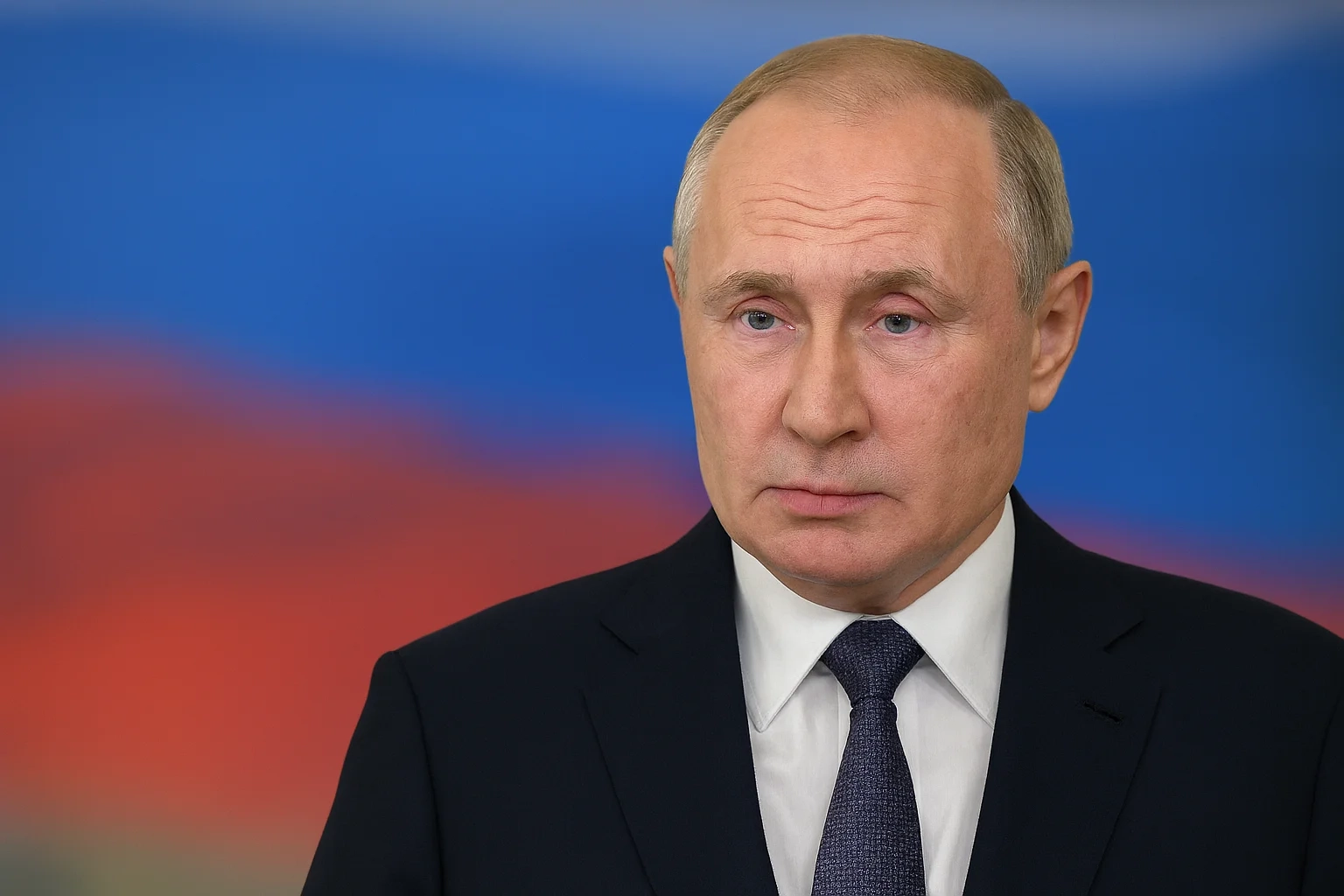Russian Embassy Rejects Viral Deepfake Video of Putin Targeting Pakistan

The Russian Embassy in Pakistan has dismissed as “completely fake” a viral video that appeared to show President Vladimir Putin issuing threats against Islamabad in the context of tensions with Afghanistan.
According to the embassy’s statement, the footage was actually taken from Putin’s media interaction after a meeting of the Russian Geographical Society’s Board of Trustees on October 23, 2025. In the original remarks, the Russian leader did not mention Pakistan or Afghanistan.
The embassy emphasized that Moscow supports a political and diplomatic resolution of disputes between Islamabad and Kabul, encouraging both sides to continue constructive dialogue and strengthen cooperation on regional security and counterterrorism.
The deepfake video, which spread widely across social media platforms, falsely portrayed Putin as warning Pakistan against aggression toward Afghanistan and pledging support for the Afghan Taliban. The clip sparked concern among users before the official clarification was issued.
Social media reactions in Pakistan reflected skepticism about the video even before the embassy’s statement. Some users argued that Russia would never openly back the Taliban, while others suggested the fake content was designed to create mistrust between the two neighboring states.
In recent years, Pakistan and Russia have sought to improve ties, with leaders from both countries meeting on global platforms such as the Shanghai Cooperation Organization (SCO) summit. During his last meeting with Prime Minister Shehbaz Sharif, President Putin described Pakistan as a “traditional partner” and discussed expanding trade, energy cooperation, and regional connectivity projects.
The controversy has also reignited debate about the dangers of deepfake technology. Unlike simple photo editing tools such as Photoshop, deepfakes use artificial intelligence to replicate not only a person’s face but also their voice, expressions, and movements. For example, a deepfake of Michael Jackson would not just place his face on another person but also mimic his signature expressions and gestures, making the video appear strikingly real.
Experts warn that such technology, while innovative, poses serious risks when used to spread misinformation, especially in sensitive geopolitical contexts.

